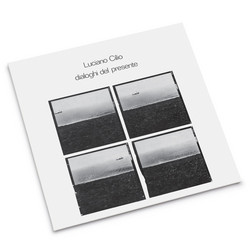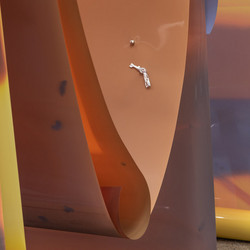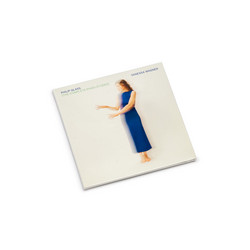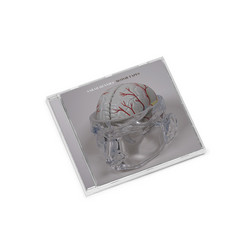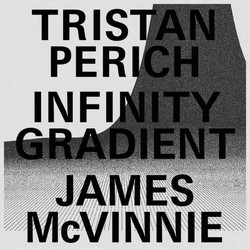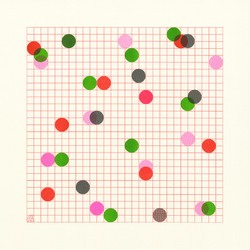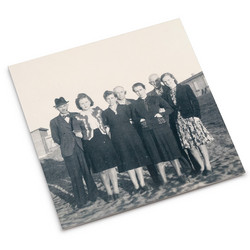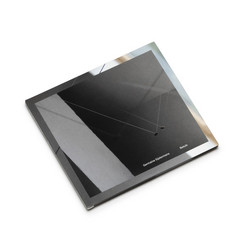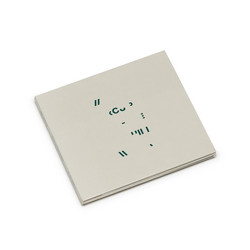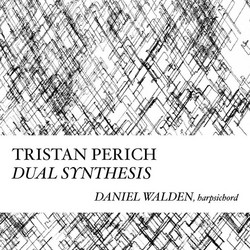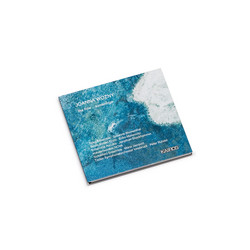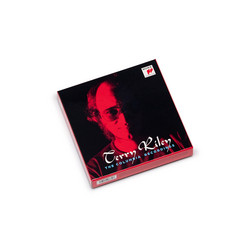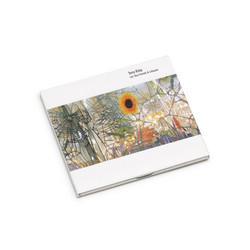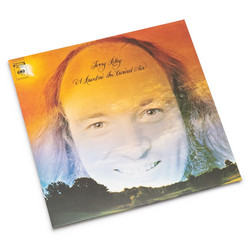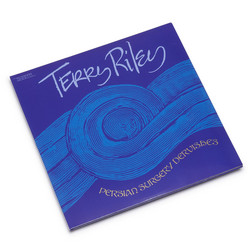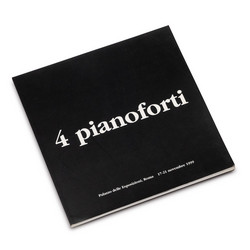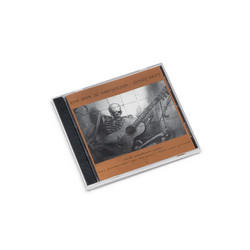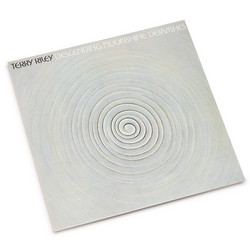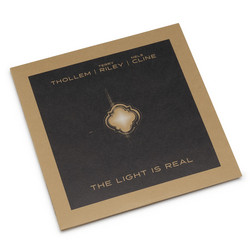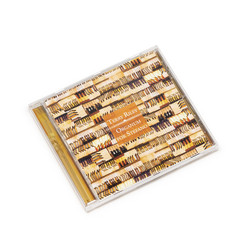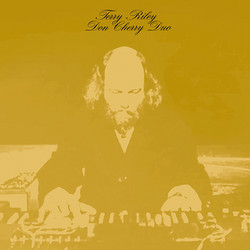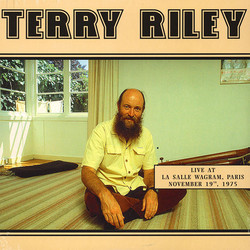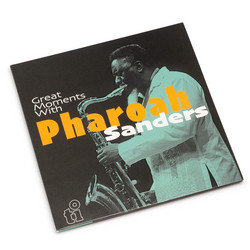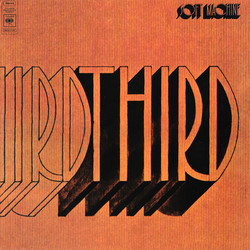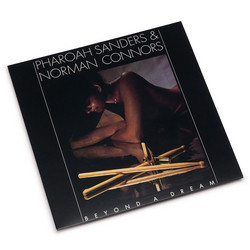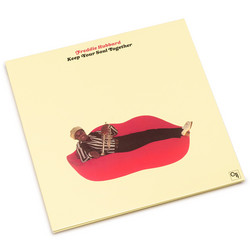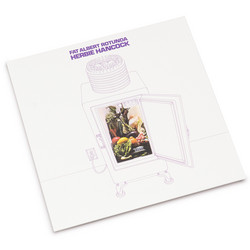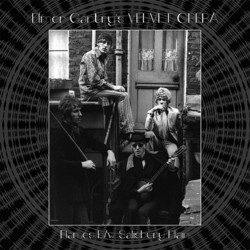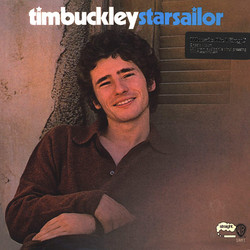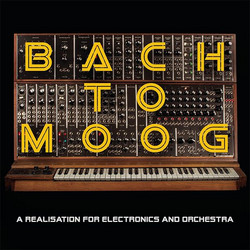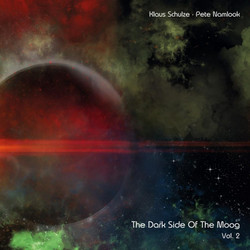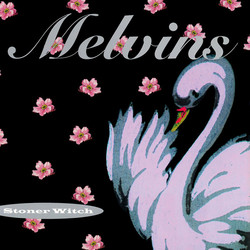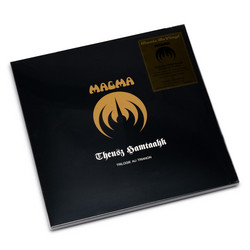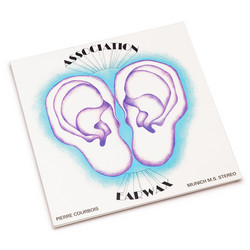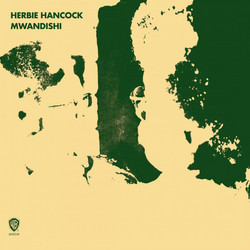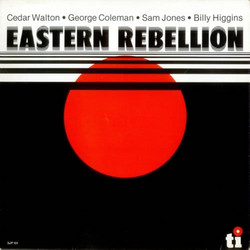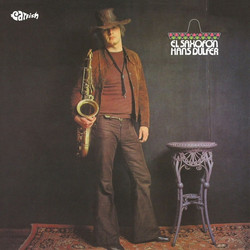Terry Riley
In C (LP, Coloured)
* Limited edition of 750 individually numbered copies on gold vinyl. Includes insert * In the history of Western art music, few compositions have achieved the paradoxical feat of radical simplicity coupled with profound transformative power. Terry Riley's In C, composed in 1964, stands as the most deceptively modest yet revolutionary work of the twentieth century, a single page of musical notation that fundamentally altered the trajectory of American composition and established the foundation of musical minimalism. It is surely no exaggeration to say that this is "the canonical work of American musical minimalism", a composition that challenged every assumption about musical form, performance practice, and the relationship between composer and interpreter.
The work's genesis reveals the serendipitous nature of artistic breakthrough. Riley was riding a bus to his job playing ragtime piano at San Francisco's Gold Street Saloon when "this first line came into my consciousness like somebody was playing it to me"—a two-note fragment that would expand into fifty-three melodic cells notated in C major without specified instrumentation, tempo, or duration. The compositional technique underlying In C represents a complete reconceptualization of musical time and structure. Unlike traditional Western composition, which proceeds through predetermined linear development, Riley created what might be termed "modular temporality"—a system where temporal progression emerges from the collective decisions of individual performers rather than authorial decree. The work's premiere on November 4, 1964, at the San Francisco Tape Music Center, featured an ensemble including Steve Reich, Morton Subotnick, and Pauline Oliveros—a constellation of future luminaries who would shape experimental music for decades. Reich's crucial contribution cannot be overstated: his suggestion to maintain a steady pulse through continuous eighth notes played on piano created what musicologist William Robin describes as "a human metronome" that gives the work its "infectious groove." This pulse element transforms the work from an exercise in organized chaos into a hypnotic meditation on rhythmic accumulation and textural evolution.
The harmonic language of In C achieves remarkable sophistication through apparent simplicity. The fifty-three modules trace a carefully planned trajectory from opening C major patterns through modal inflections, before returning to the tonic in a great arc spanning the entire composition. This tonal journey unfolds not through functional harmonic progression but through Riley's system of "guided indeterminacy"—where local choices aggregate into global form, challenging the fundamental assumption that musical structure must be predetermined. The 1968 Columbia Records release of In C marked what musicologist Robert Carl identifies as the work's "second premiere," with the piece experiencing "a landmark LP" that positioned it centrally "in public consciousness of the Minimalist movement." This recording, featuring Riley and musicians from the San Francisco Tape Music Center, presented a definitive interpretation that would influence performance practice for decades. The album's success represented unprecedented mainstream acceptance for experimental music, demonstrating that avant-garde composition could achieve both critical acclaim and popular accessibility.
The work's influence on subsequent musical development extends throughout contemporary composition. Philip Glass and Steve Reich have acknowledged In C as the foundational influence on their own minimalist masterworks, while its impact penetrated popular music through works like Pete Townshend's compositions for The Who, including "Won't Get Fooled Again" and "Baba O'Riley"—the latter named in tribute to Riley. The piece anticipated algorithmic composition techniques by decades while drawing upon cyclical time concepts from Indian classical music that Riley absorbed through his studies with Pandit Pran Nath. The composition's adaptability across cultural boundaries represents one of its most remarkable achievements. Riley's assessment of the Africa Express recording from Mali—that In C was "taking flight with the soul of Africa"—acknowledges the work's capacity to serve as a vehicle for diverse musical traditions while retaining its essential character. This universality suggests that Riley intuited something fundamental about musical perception that transcends cultural specificity, from traditional Chinese instruments to West African ensembles, each interpretation revealing new possibilities within the work's flexible architecture.
From a theoretical perspective, In C anticipates many developments in postmodern aesthetics. Its modular structure and emphasis on process over product align with conceptual art practices of the same period, while its collaborative performance practice suggests alternative models of creative authority. The work's relationship to consciousness-altering practices reflects Riley's acknowledgment that "music, shamanism, and magic are all connected," positioning In C not merely as musical experiment but as a technology for altering perception itself. Contemporary critical assessment has only strengthened In C's canonical position. Alfred Frankenstein's prescient review declared it "one of the definitive masterpieces of the twentieth century...probably the most important piece of music since Boulez' Marteau sans maître, conceivably it is the most important since the Sacre." The work's 2022 inclusion in the Library of Congress National Recording Registry as "culturally, historically, or aesthetically significant" confirms its status as an essential document of American musical achievement.
The composition's ongoing vitality after six decades demonstrates its fundamental insight into musical experience. Unlike works that merely reflect their historical moment, In C exists outside conventional temporal boundaries, each performance creating what Riley describes as transportive visionary experience. This capacity for renewed discovery with each encounter marks the composition as a genuine masterpiece—a work that continues to reveal new possibilities rather than documenting past achievements. In demonstrating that profound musical experience can emerge from the simplest materials, Riley created a work as revolutionary today as it was in 1964, a testament to the enduring power of visionary simplicity over elaborate complexity.
